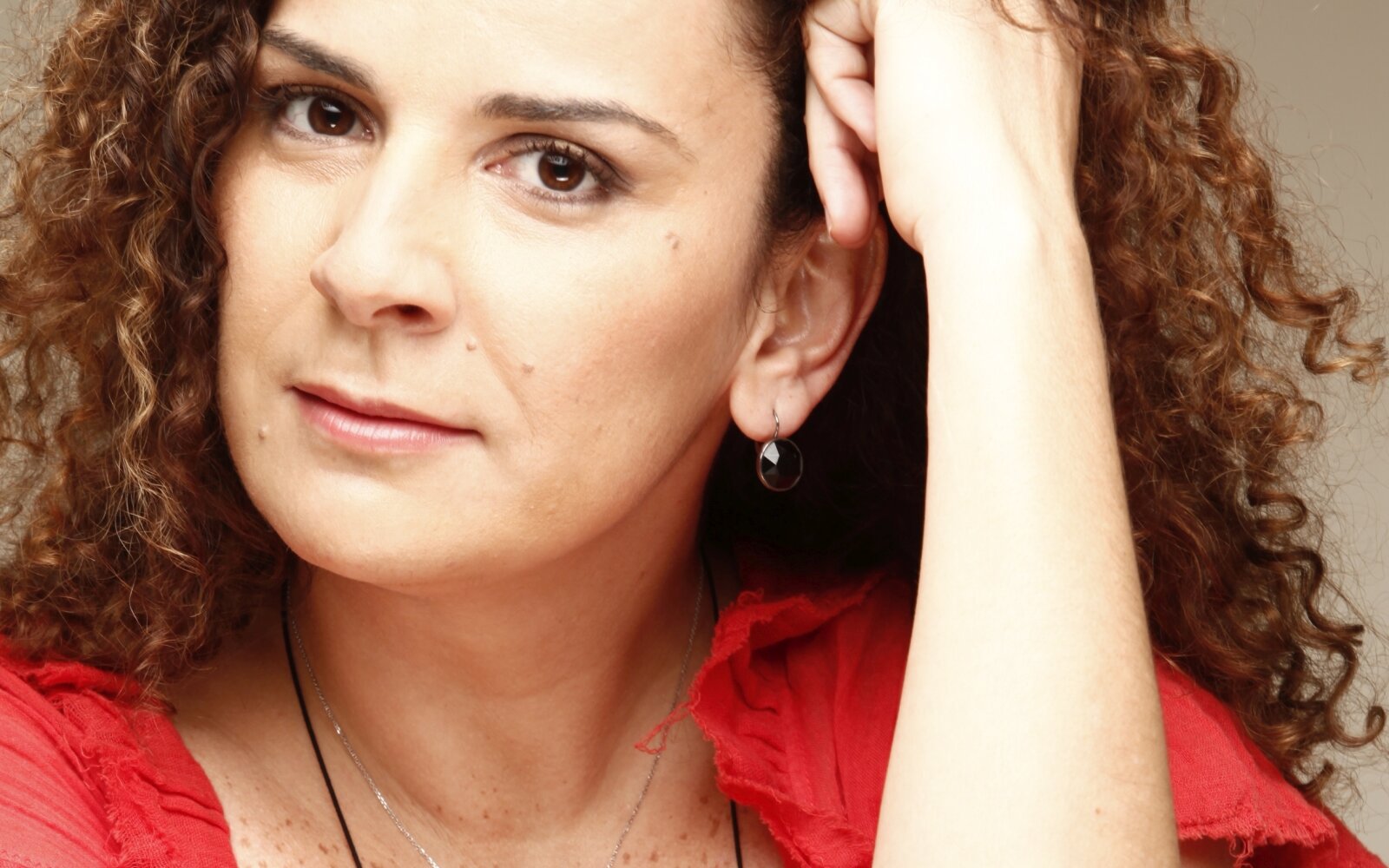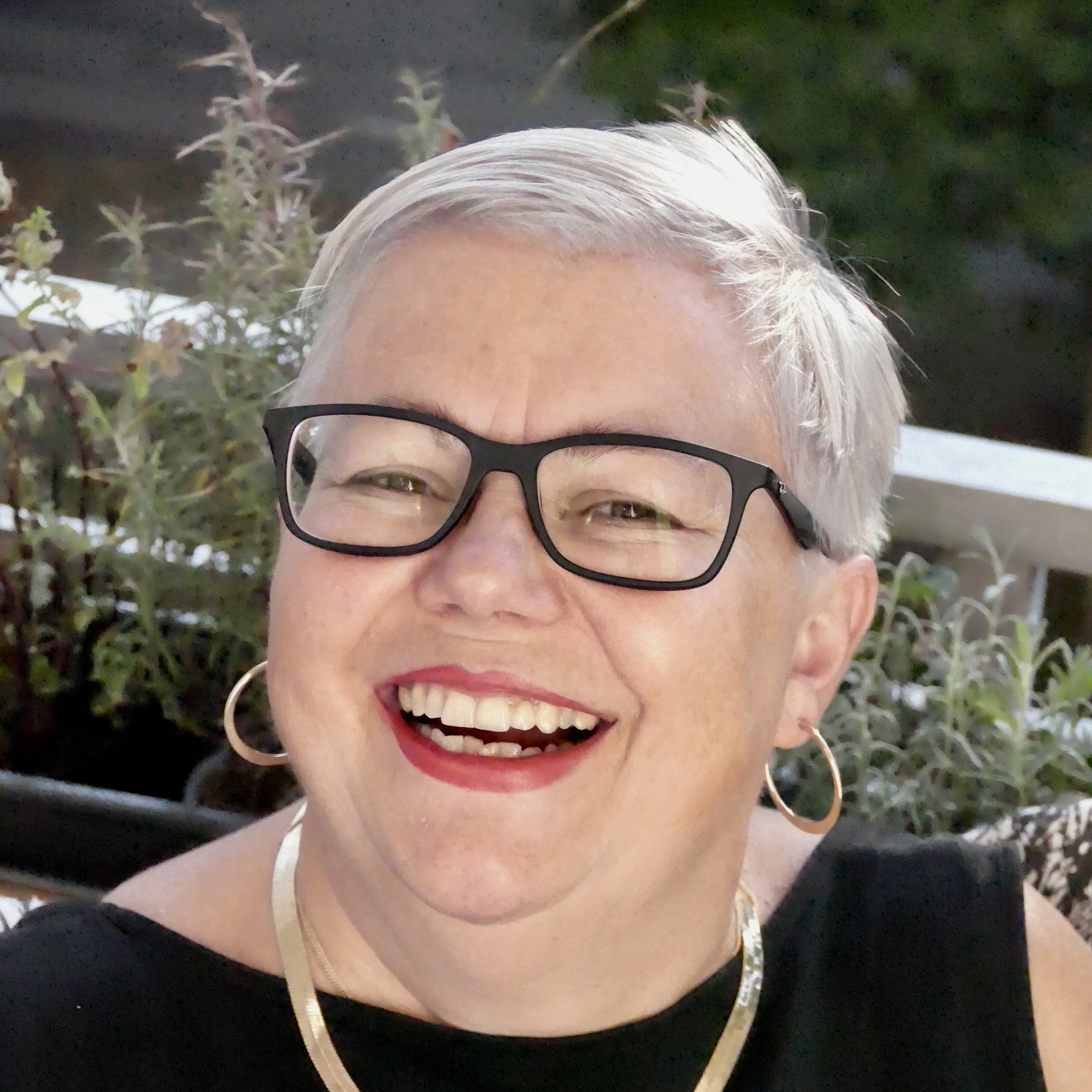
Listen, guys, we need to start
HITT Amsterdam 2024 revealed progress, provocations and a lack of speed
Autoren

Sarah Douag
worked for a travel agency before she started writing for French media. From Cannes and Paris, she moved to lively Amsterdam, where she analyzes international hospitality trends and their backgrounds with razor-sharp precision.

Beatrix Boutonnet
is a Hotel manager, graduate in business administration (FH) and as a business journalist our real estate and fund specialist. Apart from that, she loves cooking and everything French and Japanese.
